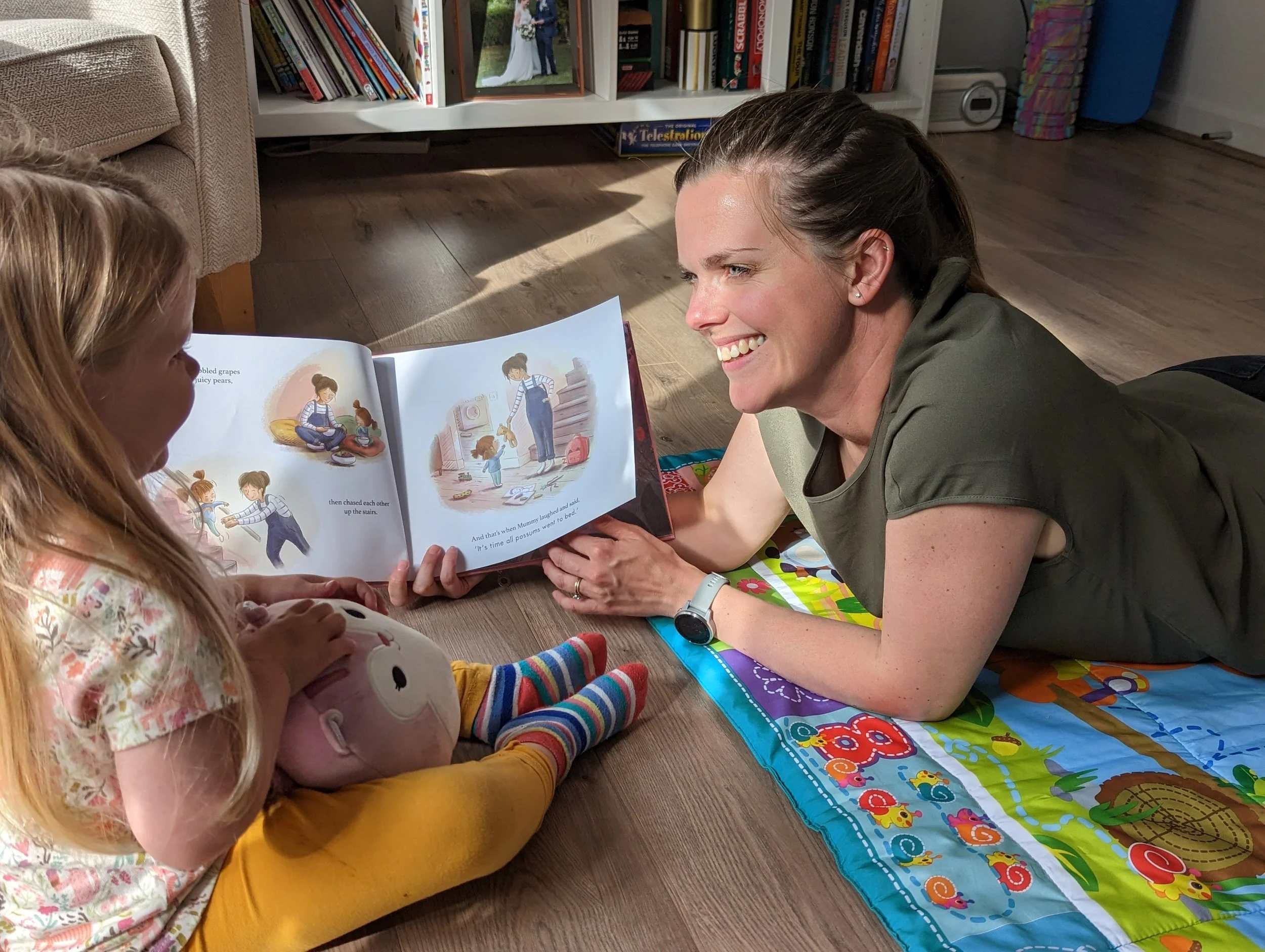Written by Emma Shafqat, Dietitian with a Difference. I have experience with cow’s milk allergies and dairy ladder (it is offically called the milk ladder) both professionally and personally. When my little girl was 12 months old, we made our first attempt at the milk ladder.
We made it past step one and two and then couldn’t get any further. Let’s just say there was a lot of crying and vomiting, so we took a break. After two more attempts and feeling like we would never enjoy birthday parties as a family, we finally made it to the top of the ladder when my daughter was three and a half… although - between you and me - she still flatly refuses cow’s milk, claiming she can’t have it, despite happily eating ice cream and chocolate milkshakes!
Suffice to say that I’ve been there. So here, I’ll take you through the types of cow’s milk allergies, signs and symptoms, and what to do if you think your child has a cow’s milk allergy.
Read More










